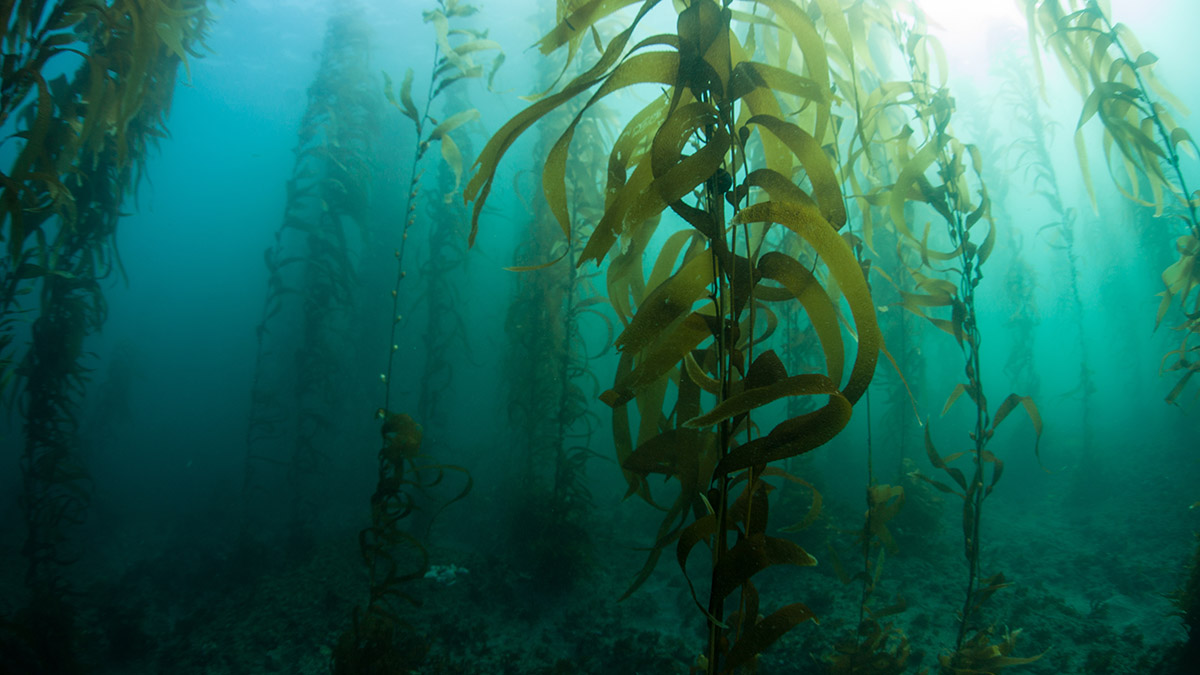Fucoidan, a sulfated polysaccharide that comprises fucose, is obtained from wakame seaweed. Marine organisms, especially brown algae like laminaria and fucus, are the primary sources of fucoidan. In previous studies, the efficacy of fucoidan is demonstrated in vitro and it is known to have low toxicity. This makes it a suitable drug for the prevention or treatment of cancer.
The anti-proliferative, anti-angiogenic, and anti-cancer properties of fucoidan have been demonstrated in recent in vitro studies. Research has demonstrated that Fucoidan exhibits varying anticancer effects contingent on its structure. However, it has the ability to target numerous receptors or signaling molecules across diverse cell types, including but not limited to, tumor cells and immune cells. The preclinical development of natural aquatic products necessitates in vivo testing of refined compounds in animal tumor models. Thus, in this blog, first I would like to introduce the study, “Fucoidan as a Marine Anticancer Agent in Preclinical Development” by Jong-Young Kwak. The research investigates the outcomes of systemic and topical fucoidan administration on tumor growth, angiogenesis, and immune responses in vivo, resulting from in vitro experiments.
Fucoidan-induced apoptosis in cancer cells might encompass up-or down-regulation of several signaling pathways. Recently, in vitro studies revealed the molecular mechanism of fucoidan by inducing apoptosis in various human cancer cells, such as AGS human gastric adenocarcinoma cells, A549 lung cancer cells, PC-3 prostate cancer cells, and SMMC-7721 hepatocellular carcinoma cells. Ting et al., found that highly purified fucoidan from the brown algae Sargassum has low cytotoxicity. However, at up to 200 μg/mL inhibits colony formation in DLD-1 colon cancer cells when used for 48 hours. As per the previous study, fucoidan sourced from Fucus vesiculosus failed to initiate apoptosis in her K562 erythroleukemia cells and mouse CT26 colon cancer cells. It was successful in suppressing cell proliferation. According to the results, the apoptotic activity of fucoidan against cancer cells may be specific to the cell type.
Maruyama et al., studied mice fed a diet containing mekabu fucoidan derived from the sporophyll of wakame seaweed. The impact of Fucoidan can be seen in both immune cell activity and cytokine production. T cell-mediated NK cell killer activity was enhanced in fucoidan-fed mice compared to control mice. NK cell activation was associated with increased production of interferon (IFN)-γ and interleukin (IL)-12 by splenic T cells in fucoidan-fed mice.
Hu et al., showed that fucoidan promotes the maturation of his DCs and the cross-presentation of the cancer-testis antigen NY-ESO-1 to the CD8+ T cells, resulting in a response to NY-ESO-1-expressing cancer cells. This study demonstrated that they can enhance the cytotoxicity of his T cells. Additionally, the study noted that the simultaneous administration of DC and fucoidan in tumor-bearing mice resulted in a considerable decrease in tumor growth when compared to the administration of either DC or fucoidan alone (work is currently being prepared for publication). Fucoidan is capable of modulating anti-cancer immune responses against diverse cancer cell types.
In their review of marine-derived angiogenesis inhibitors currently in use, Wang and Miao proposed that the effects of different fucoidan preparations on angiogenesis depend on their molecular weight and degree of sulfation. LMW fucoidan (4-9 kDa) stimulated angiogenesis in different assays. Medium molecular weight fucoidan (15–20 kDa) promoted HUVEC migration but was not shown to inhibit HUVEC tube formation. Natural fucoidan with HMW (30 kDa) inhibited endothelial cell proliferation, migration, and tube formation and exhibited anti-angiogenic properties by inhibiting vascular network formation.
Koyanagi et al., observed that repeated intravenous administration of fucoidan at 5 mg/kg to mice inhibited neovascularization from blood vessels surrounding areas adjacent to implanted sarcoma 180 cells. Similarly, intraperitoneal administration of fucoidan (1 mg/mouse) to mice implanted with the VEGF-expressing murine plasma cell tumor line MOPC-315 reduced VEGF-induced angiogenesis, tumor angiogenesis, and tumor growth. Based on the promising results of this study, it can be concluded that fucoidan has the potential to be a vital anti-angiogenic factor in the treatment of cancer.
Zhu et al.. also revealed a mechanism involved in the production of tumor necrosis factor (TNF)-α after SR-A binding by fucoidan. Fucoidan treatment of macrophages significantly decreased NO production by macrophages in SR-A-/- compared with wild-type mice. Previous results also showed that fucoidan reduced the binding of anti-SR-A antibodies to human blood DCs and failed to activate SR-A-depleted DCs. Based on the results, it can be suggested that the activation of DC is induced by the binding of fucoidan to SR-A. Haber et al., suggested that, by blocking SR-A, fucoidan could reduce the frequency of lipid-rich, antigen-deficient DCs in cancer patients, leading to enhanced immune responses.
The reviews of Fucoidan have indicated that it displays promising characteristics that justify its further development as a marine drug in the future.
Source: Mar Drugs. 2014 Feb; 12(2): 851–870. Doi: 10.3390/md12020851
